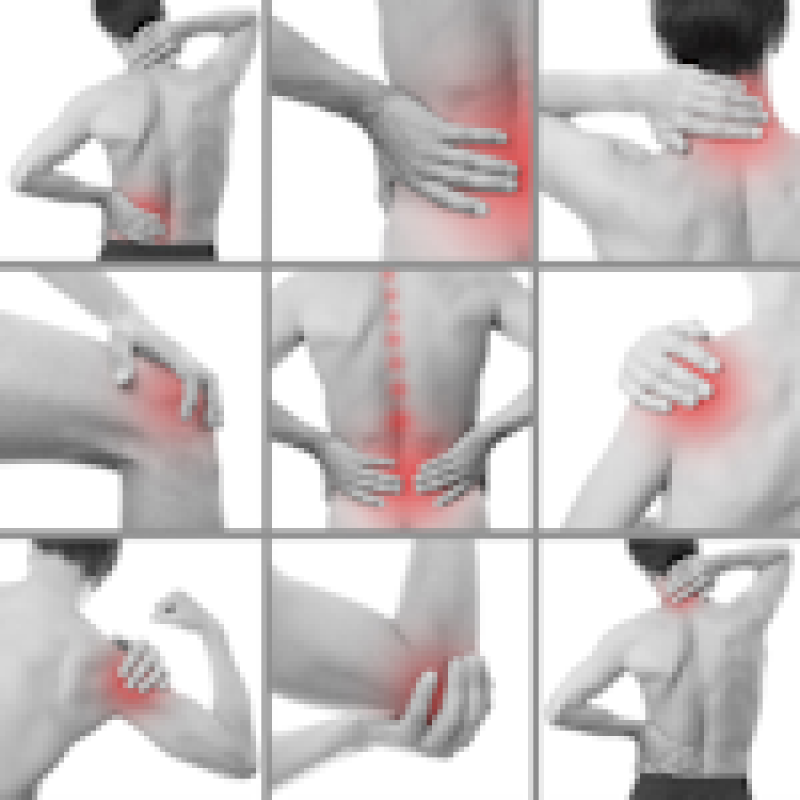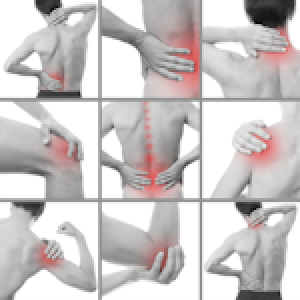
Ayurvedic medicine takes a holistic approach to managing your health. Ayurveda focuses on maintaining a healthy balance of the energy forces that flow through your body. To provide treatment, Ayurvedic practitioners first determine your primary energy type. It is believed that there are three main doshas, or energy types, in every person but one or two types tend to dominate. Once your primary dosha is discovered, a treatment plan tailored to that energy type is implemented. Treatment can include diet changes, herbal supplements and yoga. Ayurvedic medicine seeks to treat the whole body instead of focusing on a single ailment. As you become more aware of your body's energy flow you will learn when your normal energy pattern is disrupted and be able to implement Ayurvedic treatments to restore your physical health and emotional well-being.
The Three Primary Doshas
Vata: Vata energy supports the body’s circulation system. Those who are primarily Vata in nature are high-energy people who tend to be creative thinkers. Physically Vata types tend to be tall and thin, with a dry complexion and a sensitivity to cold temperatures. Health-wise, Vata types should watch their anxiety levels and protect themselves from extreme temperatures. Meditation can help control insomnia and anxiety attacks.
Pitta: Pitta energy regulates body temperature and your digestive system. Those who have a dominant Pitta dosha tend to be strong-willed, passionate and competitive. They tend to have a sturdy physical body but are prone to getting overheated. From a health perspective, Pitta’s skin tends to be sensitive and they are prone to digestive issues like heartburn. Pitta dominant types should keep their anger in check through breathing exercises, yoga and herbal remedies.
Kapha: Kapha energy supports your immune system. For those who have a primary Kapha dosha, a calm and accepting nature prevails. Physically, Kapha types tend to have larger body types and are susceptible to being overweight and sensitive to cold weather. Typical health problems include respiratory infection, allergies and depression. Kapha-dominant people need to make smart food choices that will ward off depression and boost their energy levels.
Correcting Your Dosha Balance
Ayurvedic medicine teaches that most of your health issues can be traced back to an imbalance with your doshas. Energy imbalances occur due to stress, poor diet and lifestyle changes. Treatment is centered around restoring harmony and balance to the energy forces within your body. Ayurvedic practitioners recommend a vegetarian diet and warming or cooling foods, depending upon how your primary dosha regulates body temperature. Stress relief techniques are another major component of Ayurvedic treatment. Your Ayurvedic practitioner can recommend the best relaxation methods for your primary dosha type. Yoga, a deep breathing method called pranayama and herbal-based applications are common treatment methods.
Health Risks of Ayurvedic Treatment
Because Ayurvedic medicine is holistic-based, many of the treatment recommendations are safe for the general public. However, if you have pre-existing health conditions or you are on prescription medications, check with your doctor before beginning any Ayurvedic-based herbal treatments as dangerous drug interactions can occur. Ask your practitioner about the contents of any herbal medications that you take, as the CDC reported that lead, arsenic and other dangerous metals were found in certain Ayurvedic herbal supplements from India.
Samantha Eden is a professional blogger that shares here knowledge of alternative healing practices with specialized heating mats like the Bio-Mat. She writes for Healing Arts Garden, where you can find the Richway Bio-Mat.


